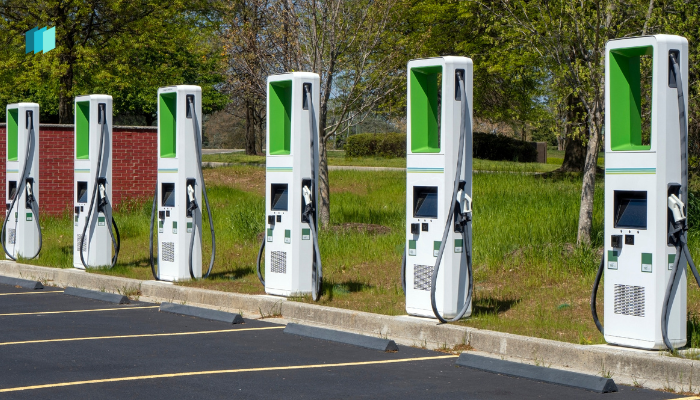By Lexx Thornton
EV charging (Electric Vehicle charging) is the process of supplying electric power to recharge the battery of an electric vehicle (EV), similar to how you’d refuel a gas-powered car—but with electricity instead of gasoline or diesel.
Car charging stations at colleges and universities can help improve the economy in several meaningful ways, both locally and nationally. Some of the different ways car charging stations can help improve the economy are by creating jobs and workforce development. There would be business growth and development along with other environmental and energy benefits. Community and economic development would increase, as would financial incentives and revenue streams.
Installing EV charging stations atcolleges and universities is an economic multiplier. It supports jobs, stimulates business,advances sustainability, and prepares the workforce for a clean energy future. For institutions, it’s both a smart investment and a leadership opportunity.
In 2022, the Biden administration allocated $7.5 billion for EV charging stations under theBipartisan Infrastructure Law, triggering large-scale economic activity. According to the U.S.Department of Energy, every 10 new EV chargers support about one full-time job in installationand maintenance alone.
In California alone, EV charging stations created tens of thousands of jobs in the EV and clean energy sectors. It also attracted major investment from Tesla, Rivian,and other firms, as well as improved public health outcomes through reduced emissions (which lowers healthcare costs).

